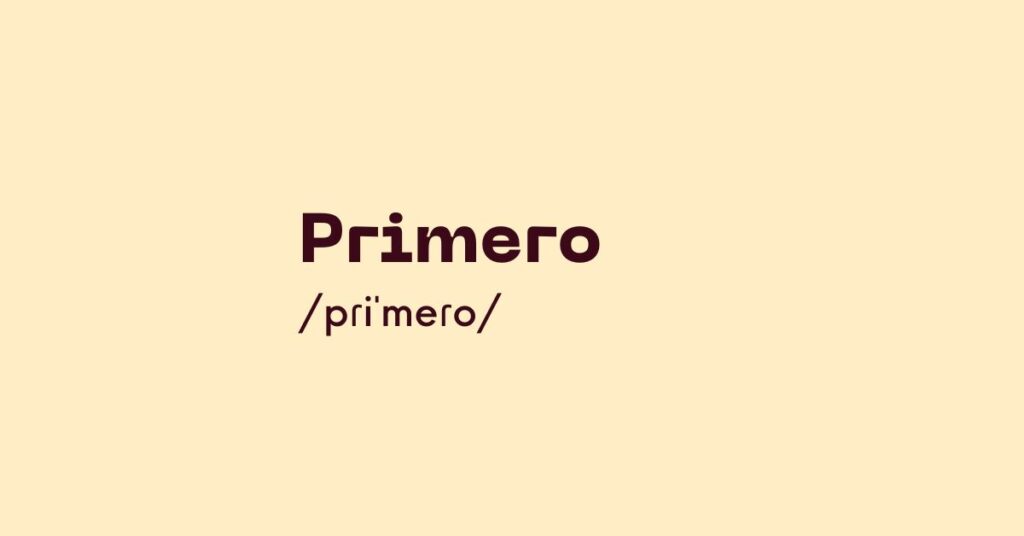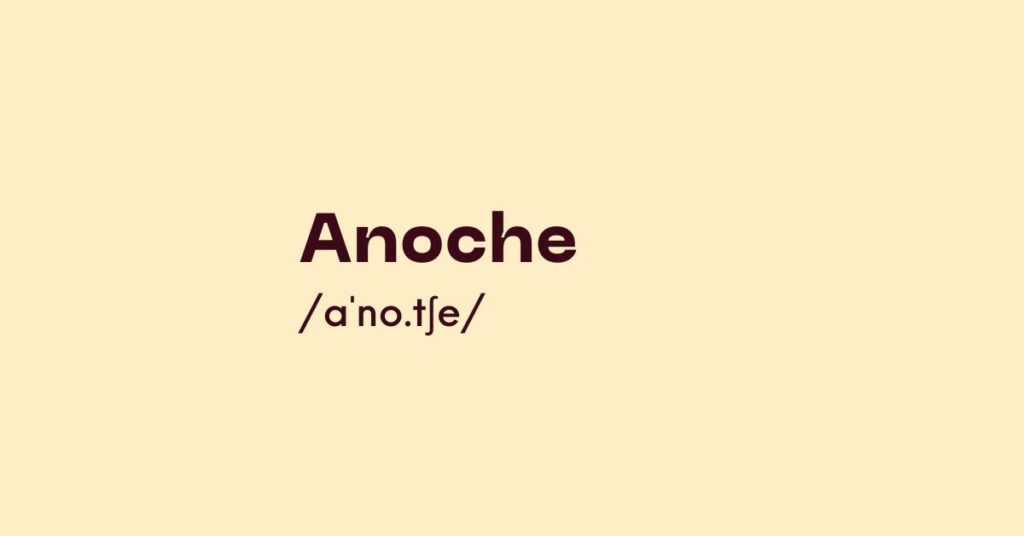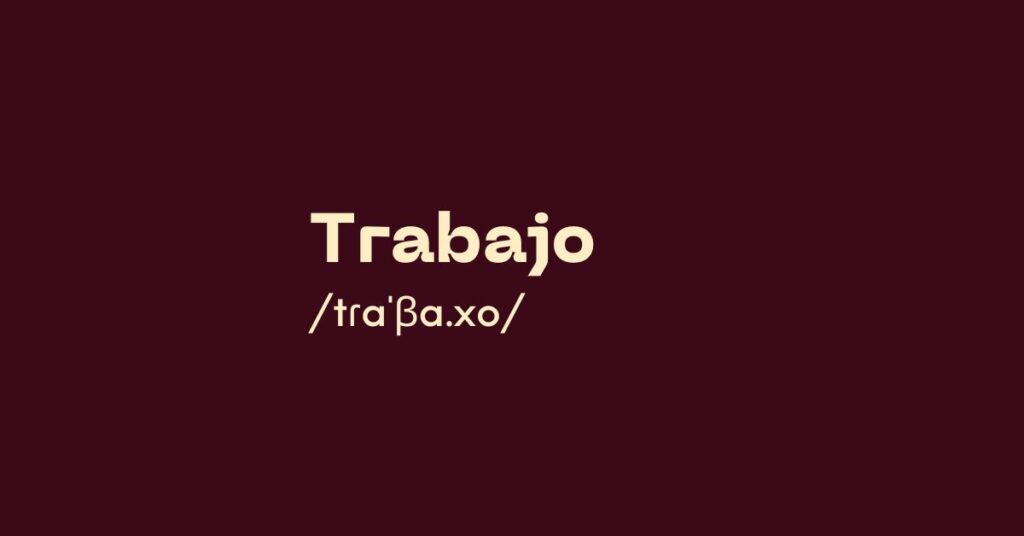Dejar
Today’s Spanish word of the day is “dejar.” It’s a verb that can mean “to leave” or “to let” (in the sense of “to allow”). It can also mean “to stop” in expressions such as “dejar de” (to stop doing something), for example “dejé de fumar” (I stopped smoking). It’s thought that the word “dejar” […]









